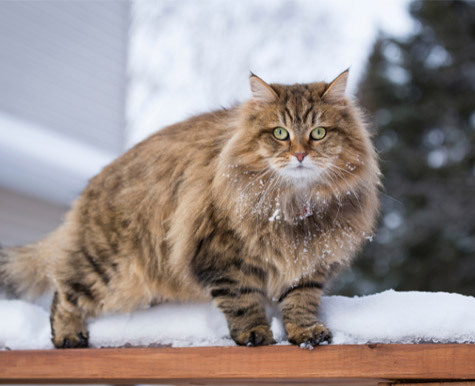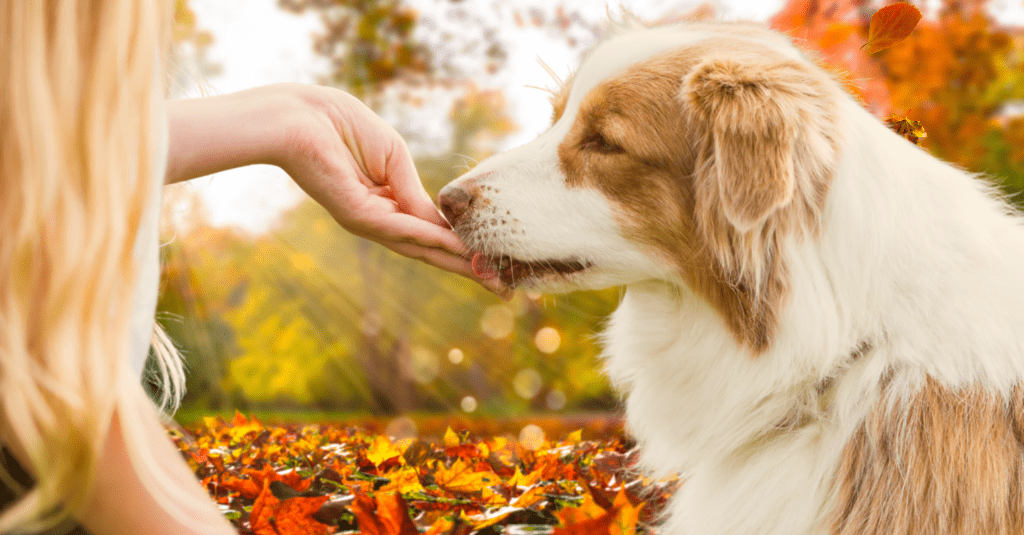






Siberian
 Overview
Overview
Overview of Siberian
The Siberian is the national cat of Russia. It is believed that they first originated in the dense forests of Siberia dating back at least 1,000 years. These kitties are a slow-maturing breed and take around five years to reach their full size, reaching upwards of 20 lbs. Stocky yet agile, Siberians have a solid build with strong hind legs that are slightly longer than their front legs, giving them a slight arch that makes them incredibly athletic. Siberians look similar to Maine Coons and Norwegian Forest cats but with rounder heads and larger paws. They also have lovely round eyes that are slightly angled upwards, giving them a very friendly face. A dense triple coat that is practically weatherproof helps Siberians withstand even the harshest Russian winter. These ancient kitties do not require as much grooming as you would expect for a longhaired feline; weekly brushing along with a little more attention in the springtime would do the trick. Unlike many feline friends, the Siberian’s molting is not triggered by a change in temperature but rather by a change in daylight hours. These kitties come in almost any color you can imagine and are some of the biggest domestic felines around!
Common Health Conditions & Recommendations for Siberian
Hairballs in cats:
Like other longhaired kitties, Siberians may ingest a lot of hair when self-grooming, making them higher risk for developing hairballs. If your cat is coughing up hairballs more than once a month, there may be something more serious going on with their digestive health and we recommend booking an appointment with your vet.
Recommendations for Hairballs in cats in Siberian Cats:
Common Health Conditions & Recommendations for Siberian
Hypertrophic Cardiomyopathy:
Is a condition that affects many kitties and a Siberian is no exception! With HCM, a portion of the heart becomes thickened and stiff so blood cannot flow freely like it is supposed to.
Recommendations for Hypertrophic Cardiomyopathy in Siberian Cats:
Common Health Conditions & Recommendations for Siberian
Dental Disease in cats:
Siberians may suffer from gum and dental issues during their lifetime. Bacteria from their mouth can enter their bloodstream and damage other organ systems as well.
Recommendations for Dental Disease in cats in Siberian Cats:
 Personality
Personality

Siberians make friendly companions and love to snuggle on cold winter nights. With their calm demeanor, these kitties would do well as family companions and even as therapy kitties. They are affectionate and playful but aren't demanding of attention and will wait patiently until you’re ready to play with them. So if you want a cat beloved by Russia for their beautiful coat and large presence, then you may want to get your paws on a Siberian!



 USD
USD
 Canadian Dollars
Canadian Dollars
